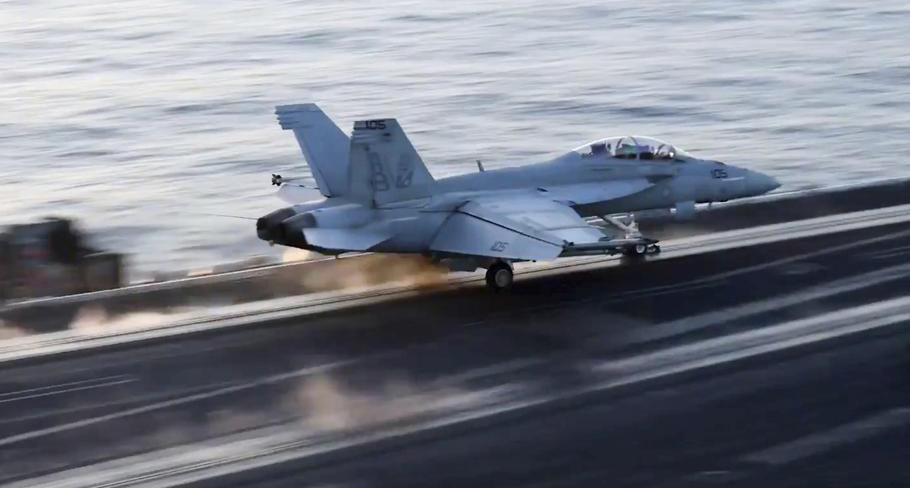
U.S., Houthi rebels vow escalation following missile strikes, Trump to meet with Putin Tuesday and Navy destroyer heads to southern border.
1. The United States and Iran-backed Houthi rebels in Yemen are both vowing escalation after the U.S. launched airstrikes to deter the rebels from attacking military and commercial vessels on one of the world’s busiest shipping corridors. The Houthi-run Health Ministry said the overnight U.S. strikes killed at least 53 people, including five women and two children, and wounded almost 100 in the capital of Sanaa and the northern province of Saada, the rebels’ stronghold on the border with Saudi Arabia. “We’re not going to have these people controlling which ships can go through and which ones cannot. And so your question is, how long will this go on? It will go on until they no longer have the capability to do that,” Secretary of State Marco Rubio told CBS on Sunday. He said these are not the one-off retaliation strikes the Biden administration carried out after Houthi attacks.
2. President Donald Trump said he would speak to Russian President Vladimir Putin on Tuesday as he pushes to end the war in Ukraine. The U.S. leader disclosed the upcoming conversation to reporters while flying from Florida to Washington on Air Force One on Sunday evening. “We will see if we have something to announce maybe by Tuesday. I will be speaking to President Putin on Tuesday,” Trump said. “A lot of work’s been done over the weekend. We want to see if we can bring that war to an end.”
3. Hamas said Saturday it will only release an American-Israeli and the bodies of four other hostages if Israel implements their ceasefire agreement, calling it an “exceptional deal” aimed at getting the truce back on track. Israeli airstrikes meanwhile killed nine people in the Gaza Strip who the military identified as militants, allegations denied by a U.K.-based aid group that said eight of its workers were killed. A senior Hamas official said long-delayed talks over the ceasefire's second phase would need to begin the day of the release and last no longer than 50 days. Israel also would need to stop barring the entry of humanitarian aid and withdraw from a strategic corridor along Gaza's border with Egypt. Israel has said it won't pull out from the corridor, citing the need to combat weapons smuggling.
4. A federal hiring freeze ordered in January by President Donald Trump is affecting an office that provides mental health support to airmen and their families at this airlift hub in western Tokyo. Yokota’s Integrated Resilience Office has paused hiring for one position while another employee is preparing to depart, director Julie Wilbanks said Thursday after a town hall meeting for civilian workers at the base’s Friendship Chapel. Every U.S. military base is required to have a resilience office to oversee programs aimed at preventing suicide, sexual assault, child abuse and domestic violence, Wilbanks’ supervisor, Gloria Bryant, said by phone Monday.
5. The Pentagon has deployed a Navy destroyer on an unusual mission to bolster security at the southern U.S. border, defense officials said, dispatching a warship involved last year in combat in the Middle East to waters typically patrolled by the U.S. Coast Guard. The USS Gravely, a guided-missile destroyer, left from Naval Weapons Station Yorktown in Virginia on Saturday as part of the Defense Department’s response to President Donald Trump’s executive order calling for securing the southern border. It marks the latest example of the Trump administration using the U.S. military at home to fend off what the president has claimed is an “invasion” at the border.
- News

